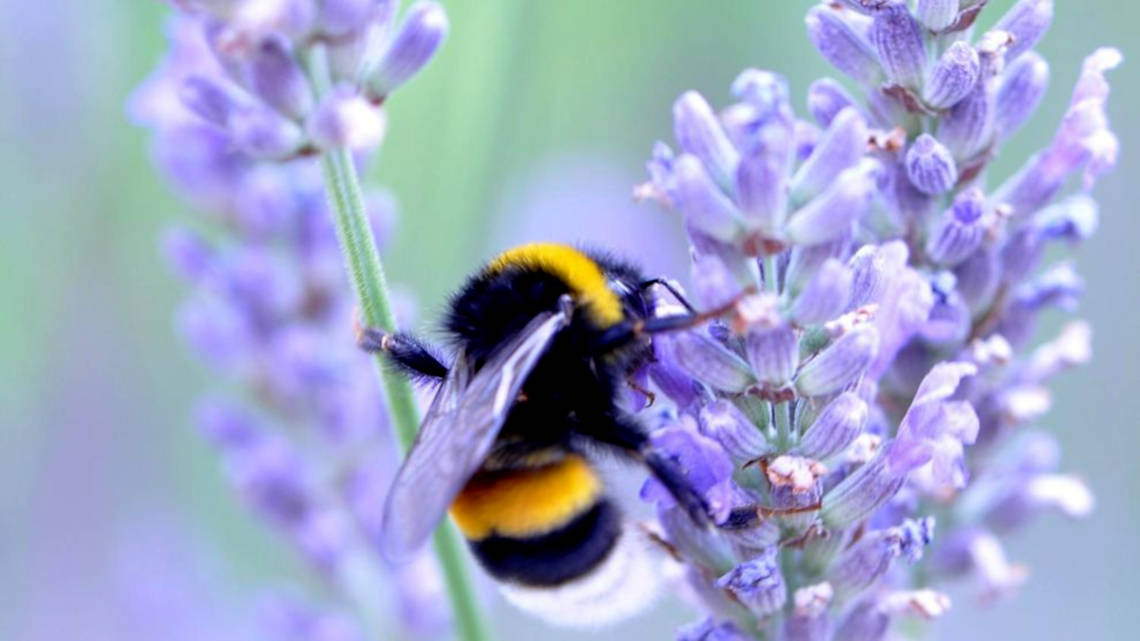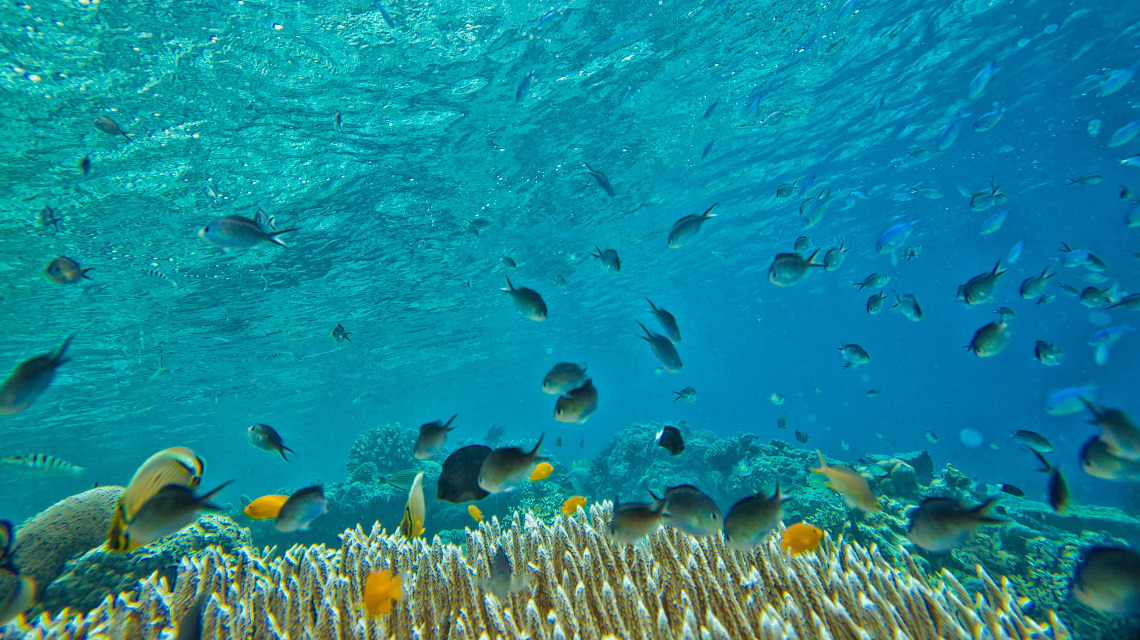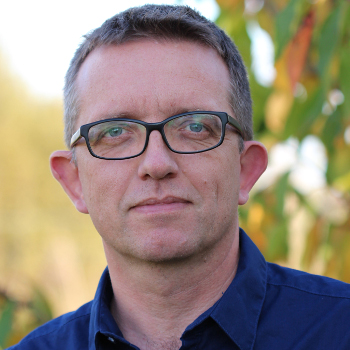Government invests in insect protection
More money from the federal government, protection of habitats and a foreseeable end to the pesticide glyphosate are intended to counter the decline of insects.

The exact details of insect decline in Germany are controversial and part of a new monitoring programme, but it has been proven that more than 3,000 native insect species have experienced a significant reduction in their population sizes in recent decades. A study in the specialist journal "PLoS One" in 2017 spoke of a loss of biomass in flying insects of more than 75% within 27 years. The German government has now adopted an "Insect Protection Action Program" to counteract the loss of insects.
100 million euros per year for insect protection
Probably following the example of the bank rescue a few years ago, Federal Agriculture Minister Julia Klöckner phrased: "The bee is of systemic importance". She is thus closing ranks with Federal Environment Minister Svenja Schulze, who herself summed up: "Insects provide services we urgently need to survive. Insect decline has taken on dramatic levels, and there are several causes for this development. However, if we take the right measures in various areas we will be able to reverse the trend. We can stop insect decline". In the future, the federal government will invest an additional 100 million euros per year in the protection of insects, especially in agricultural landscapes, including 25 million euros for insect research and monitoring.
Glyphosate ban in 2023
But money is only part of the action programme. It also provides for better protection and restoration of habitats such as meadow orchards and species-rich grassland, as well as edge habitats. The latter include, for example, hedges along roadsides - in the countryside, but also in the city. In the future, insect-friendly light sources will be used especially in urban areas.
The use of insecticides and other pollutants in insect habitats will also be further restricted. This includes much stricter rules for the pesticide glyphosate from 2020 in agriculture, but also in private gardens and on public green areas, as well as its complete ban after 2023. The measures of the action program are to be laid down in a planned insect protection law.
Support for committed citizens and organisations
In addition, the action programme provides for a further building block: citizen participation. The aim is to promote the civic engagement for insects in all areas of society. The preparation of the action program had already included an online dialogue through which citizens and organisations could submit proposals for measures. Some of these have been incorporated into the program that has now been adopted.
bl/um


